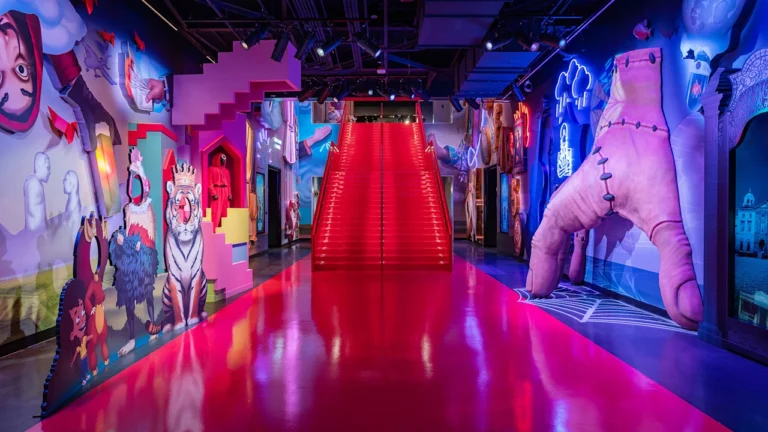
A business owner I know tends to only hire people in their twenties, under the assumption they bring new life into his business: new ideas, new innovations, new skills.
And he’s sometimes right, especially in the specific.
But in general? Science says his hiring approach is probably wrong.
In a review of studies published by the National Bureau of Economic Research, researchers found that the age at which scientists and inventors reach their moment of “genius” is increasing: while the average age used to be younger, the majority now make their biggest contributions to their field after the age of 40.
As the researchers write:
This research consistently finds that performance peaks in middle age: the life-cycle begins with a training period in which major creative output is absent, followed by a rapid rise in output to a peak, often in the late 30s or 40s.
The same is often true for entrepreneurs. A Journal of Business Venturing study found that the most successful entrepreneurs tend to be middle-aged, even in tech. In fact, a 60-year-old startup founder was three times more likely to launch a successful startup than a 30-year-old startup founder, and nearly twice as likely to launch a startup that landed in the top 0.1 percent of all companies in terms of revenue and profits.
Why does scientific genius tend to occur later, rather than earlier? Sure, occasionally an apple will still fall off a tree to spark insight; Sir Isaac Newton was 23 when he developed his theory of gravity (as well as calculus, a subject my high school report card despised him for).
But true mastery typically takes time. As the researchers write, “The link between creativity and extant knowledge may depend not just on the acquisition of extant knowledge via training, but may depend on the nature and difficulty of the cognitive processes involved in drawing together and extending sets of extant knowledge.”
Or in non-researcher-speak, it’s not enough to just know things; you have to know how those things fit within larger frameworks in order to make new connections and new breakthroughs.
The same is true for entrepreneurs. While younger startup founders tend to be more tech savvy and less risk-averse, older startup founders benefit from greater experience, business skills, connections, and access to connections and capital.
In a broader sense, it’s hard to develop a sound strategy, to make the endless number of tactical decisions required to build a business, or to be a good leader when you have limited experience. For entrepreneurs, being older isn’t something to overcome. Experience is a genuine competitive advantage.
And that’s also true for new employees. Sure, younger workers tend to be more tech savvy. They may possess recent education more applicable to a rapidly changing industry. If you need specific skills, a younger job candidate may be the perfect fit.
But if you need broader skills, or an interconnected set of skills like leadership, take a closer look at a more seasoned candidate.
Younger or older, the person you hire should be the best person for the job, regardless of age. That’s why the real key is to identify the skills and attributes you need, and then focus on finding the best fit regardless of any preconceptions you might have — especially if you assume older dogs can’t be taught new tricks.
Because contrary to popular belief, genius usually takes time to develop and emerge.
After all: Steve Jobs may have been 21 when he co-founded Apple, but his most commercially successful innovations came when he was in his late 40s and early 50s.
—Jeff Haden
This article originally appeared on Fast Company’s sister publication, Inc.
Inc. is the voice of the American entrepreneur. We inspire, inform, and document the most fascinating people in business: the risk-takers, the innovators, and the ultra-driven go-getters that represent the most dynamic force in the American economy.

